 Turn the Page
Turn the Page Checkmate
Checkmate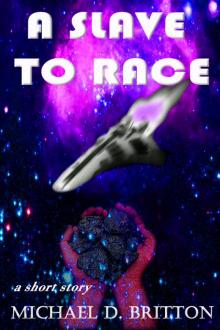 A Slave to Race
A Slave to Race The Only
The Only Convergence
Convergence Red Death
Red Death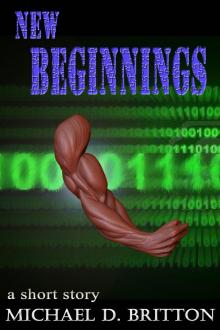 New Beginnings
New Beginnings Liberation
Liberation Old Wounds
Old Wounds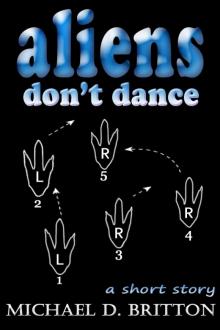 Aliens Don't Dance
Aliens Don't Dance Tag-Alongs
Tag-Alongs Broker
Broker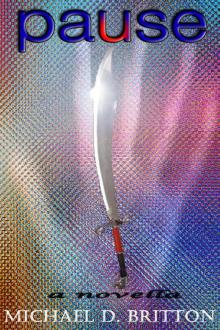 Pause
Pause Predict THIS
Predict THIS AaBack's Grimm: Dark Fantasy Fairy Tale #2 Friends Reunited: The Janus Beast, The Rose Beauty, And The Cursed Duckling
AaBack's Grimm: Dark Fantasy Fairy Tale #2 Friends Reunited: The Janus Beast, The Rose Beauty, And The Cursed Duckling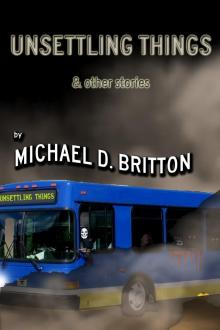 Unsettling Things & Other Stories
Unsettling Things & Other Stories Ask Grench
Ask Grench Strings
Strings Going to the Dogs
Going to the Dogs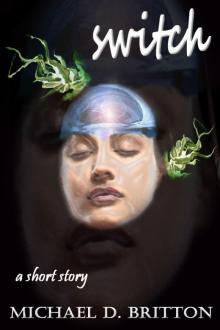 Switch
Switch Statute Forty-Nine
Statute Forty-Nine Brain Storm
Brain Storm Royal Flush
Royal Flush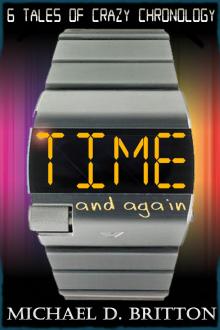 Time and Again: A Collection of Crazy Chronology
Time and Again: A Collection of Crazy Chronology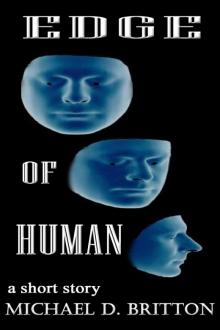 Edge of Human
Edge of Human A Sense of Souls
A Sense of Souls Decisions, Decisions
Decisions, Decisions Dream Soldiers
Dream Soldiers Spies: 7 Short Stories
Spies: 7 Short Stories Prowler: Three Haunting Tales
Prowler: Three Haunting Tales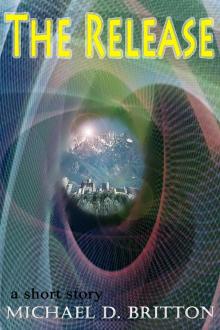 The Release
The Release Lunar Tales - an anthology
Lunar Tales - an anthology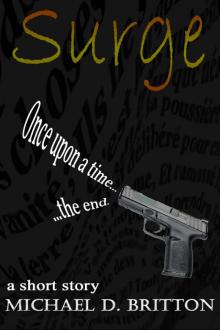 Surge
Surge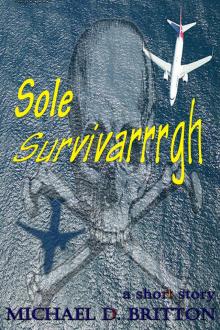 Sole Survivarrrgh
Sole Survivarrrgh Remember
Remember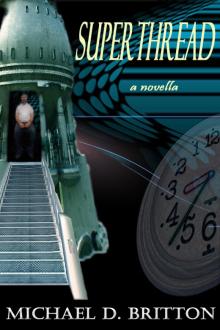 Superthread
Superthread Deceive the Paradox
Deceive the Paradox Project: Dreamer
Project: Dreamer No Man to Trifle With
No Man to Trifle With Diaspora
Diaspora Quartet for Three
Quartet for Three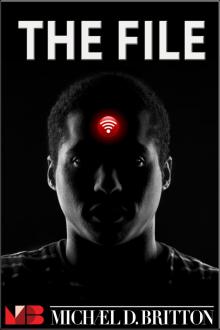 The File
The File These Dark Electrons
These Dark Electrons Honored: 7 Honorable Mention Stories from the Writers of the Future Contest
Honored: 7 Honorable Mention Stories from the Writers of the Future Contest Balls
Balls The Final Testament
The Final Testament The Exile
The Exile OtherPlace
OtherPlace